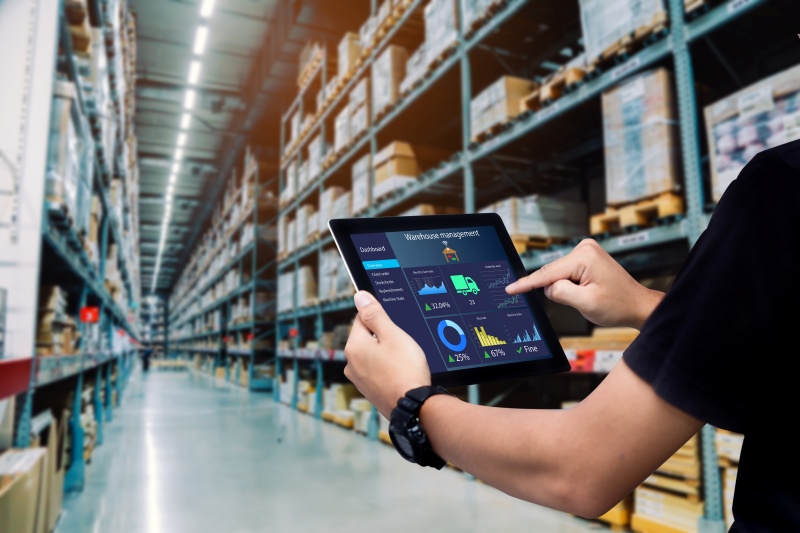In Singapore’s fast-paced manufacturing and logistics sectors, every product tells a story — where it was made, when it was packed, and who handled it along the way. But without proper tracking, that story can get lost. That’s why many local companies are now investing in product tracking software to bring transparency, accuracy, and accountability to their operations.

What Is Product Tracking Software?
Product tracking software is a digital system that records a product’s movement from the moment it’s produced to the moment it reaches the customer.
Each product or batch receives a unique identification code — a barcode, QR code, or RFID tag — which is scanned and updated at every step. The software stores these records in a central database, allowing managers to view the entire journey of any item instantly.
This level of visibility is essential for industries such as electronics, food, pharmaceuticals, and manufacturing, where even a small mistake can result in compliance issues, recalls, or financial loss.
Why Traceability Matters More Than Ever
Traceability isn’t just about knowing where your stock is. It’s about building trust — with your customers, regulators, and business partners.
If a batch of products is found defective, tracking software lets you pinpoint the exact source of the problem within seconds. You can recall affected items quickly and prove compliance with local or international standards.
For exporters in Singapore, this is especially important. Global supply chains now demand transparency and documentation. Having digital records readily available ensures smoother customs clearance and stronger credibility with overseas clients.
How It Improves Efficiency
Beyond compliance, product tracking software also boosts internal efficiency. Instead of relying on manual logs or paper records, data is captured automatically through scanners or IoT devices.
Managers can monitor production output, identify bottlenecks, and forecast delivery schedules with real-time insights. The result? Less guesswork, fewer errors, and faster turnaround times.
For warehouses and distributors, this system reduces confusion about what’s been shipped, received, or still in storage. It eliminates duplication and ensures that everyone — from production to logistics — works with the same information.
Integration and Transparency
Most modern tracking systems integrate easily with existing ERP, warehouse, or inventory management systems. When combined, they form a complete end-to-end visibility platform.
Some companies even take it a step further by letting customers scan a QR code to verify authenticity — a strong defence against counterfeiting and a powerful way to build trust.
Singapore’s Push Toward Smart Manufacturing
As part of the nation’s Smart Nation vision, Singapore continues to encourage digitalisation through grants such as the Productivity Solutions Grant (PSG). Implementing traceability systems isn’t just about keeping up — it’s about preparing for Industry 4.0, where data and automation define competitiveness.
Conclusion
In a business world that values transparency, accountability, and speed, product tracking software is no longer optional. It helps Singapore companies protect their reputation, comply with regulations, and deliver confidently to both local and international customers.
If your business still depends on manual logs or guesswork, now is the time to modernise. With the right product tracking software in Singapore, you can turn your supply chain into a transparent, efficient, and trusted system from factory to final delivery.

